“Nevermind” Why You Should Never Say This to Your Autistic Loved One
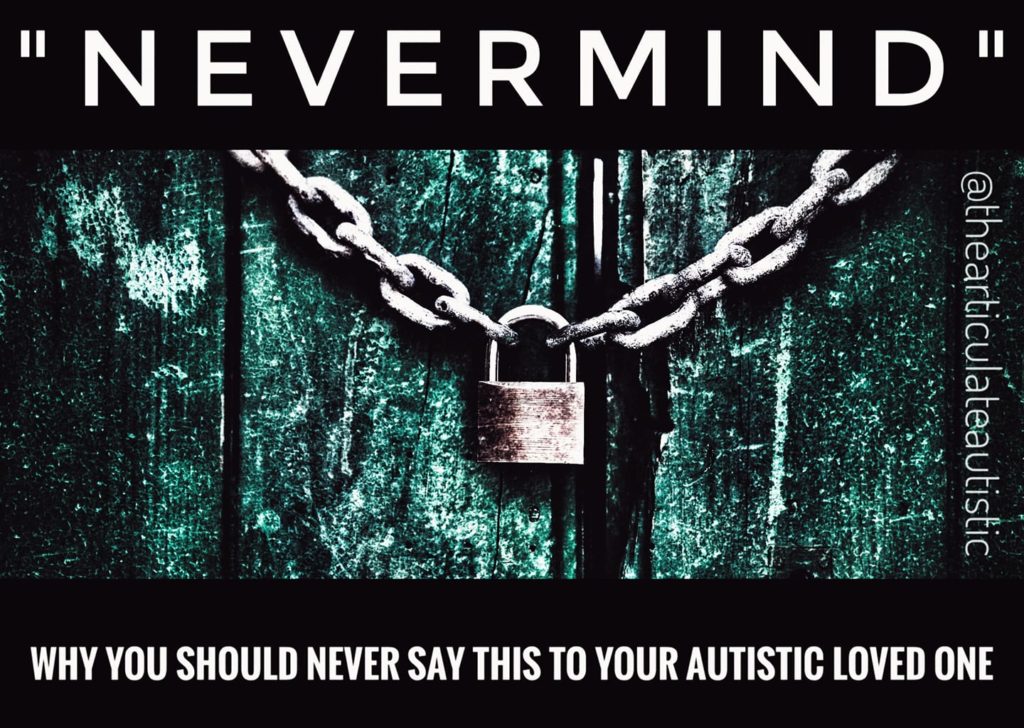
In the past few posts, I’ve talked about how important is for neurotypical (non-autistic) people to answer any and all questions in plain language (especially parents of ND (autistic) children), and how the understanding of one social skill, in the case of an ND person, does not equal sudden understanding of all social skills.
Now, I’m going to take it a step further.
“Nevermind”. This is one of the most unhelpful and demoralizing things a parent can say to their ND child.
That’s why I chose the image of a lock around a door. for the main photo. When this is done, the parent is keeping vital, crucial, critical information from their ND child that they NEED in order to navigate the world.
Essentially, they are locking them out and keeping this precious information for themselves. I don’t think that’s how it’s intended, but that is the end result.
Let me show you what I mean with a few examples:
Scenario 1 – Jennifer
Jennifer is 8 years old, diagnosed autistic, and is quite verbal. Her mother (NT) asks her to put the laundry away.
Jen: “What laundry?”
Mom: “I left the basket upstairs.”
Jen: “Where upstairs?” (In her head, she’s already starting to panic because her mind keeps drawing a blank at her mother’s words where images should be).
Mom: “Where I always put it, Jenny!”
Jen (lip trembling): “Where?”
Mom: “Oh, nevermind!”
Mom proceeds to stomp up the stairs to take care of the chore herself while Jenny stares after her in confusion.
Scenario 2 – Brynne
Brynne is 15, autistic, gender nonbinary, and verbal, but communicates better in writing.
Their dad has just pointed in the general direction of the dishwasher and grunted.
Brynne gets out the phone and sends a text to try to clarify if dad is attempting to communicate a need, a want, or the onset of a stroke.
Brynne: “What’s up?”
Dad: “Load dishwasher.”
B: “OK.”
Brynne opens the dishwasher and sees there are dishes already in there. B grabs the rest of the dirty dishes on the counter and puts them in.
Meanwhile, Dad has gotten up to get a sandwich and sees B doing this.
Dad: “Oh, for the love of…! Nevermind!”
Dad then takes all the dishes out of the dishwasher and starts doing them by hand, swearing a blue streak under his breath while Brynne backs away slowly and retreats to the safety and familiarity of their bedroom.
(Turns out the dishes in there were already clean, and B was mixing the two together, and now dad has to wash all of them again.)
Scenario 3: Frank
Frank is 52, married, with grown children out of the house. He’s undiagnosed. His wife, Meredith, asks him to take out the trash.
M: “Take out the trash.”
F (absorbed in a book): ….
M: “Will you take out the trash?”
F: (still hasn’t heard a thing): ….
M: “Frank, quit ignoring me, and take out the trash!”
F (looks up from his book, thinking he heard something): “Were you talking to me?”
M: “Nevermind! I’ll take it out myself! I’ve been doing it for 25 years, why not do it tonight?”
F (realizes his wife sounds angry about something but doesn’t want to press his luck): “OK!”
M (rolling her eyes and yanking the trash bag out of the can, knocking it over in the process, scaring the cat, and marching out the back door): “I married a complete fool!”
(Article continues below.)
The best way to improve communication with your autistic loved one is to understand how your autistic loved one’s mind works! Intentions, motivations, and personal expressions (facial expressions or lack thereof, body language, etc.), are often quite different in autistic people than they are in neurotypical people.
Experience a better understanding of your autistic loved one by reading books about life from an autistic perspective as well as stories that feature autistic characters. You’ll have so many “Ah ha!” moments and start seeing your autistic loved one in a different light (and you’ll have a better understanding of their behaviors, which you may have been misinterpreting up until now).
Books I recommend for a better understanding of your autistic loved one:
In each of these scenarios, a few things happened:
1) The neurodivergent person learned absolutely nothing.
2) The neurotypical person was extremely frustrated.
3) The ND person was anxious and confused by the NT’s behavior.
4) The NT will (if they don’t already) resent their ND loved one while remaining tired, irritated, and hurt while the rift between them grows.
Meanwhile, nobody is growing or improving. Everyone remains upset. Also, and what’s worse in the case of the two young people (and probably poor Frank, too), is that they have, once again, been denied the opportunity to learn and become more independent because their NT counterparts simply took on the task themselves–swearing all the way, I might add.
So, NTs, will it take more time to explain the step-by-step procedure necessary for the ND person to learn than it will to just do it yourself? Yep.
Is it better than harboring resentment towards them for decades because they still can’t seem to do anything for themselves because you’ve done it for them to save yourself the aggravation of the moment? You bet your tired, frustrated postierer!
Will it be worth it in the end? 1,000 times, YES!!
The next time you get the urge to say, “Nevermind” and do it for them, think about the lasting ramifications.
If you absolutely can’t explain it at that time, OK. No problem. Just make a note to explain the task step by step when you have the time and patience, and let your ND person know you will do this!
Follow me on Instagram.
Want downloadable, PDF-format copies of these blog posts to print and use with your loved ones or small class? Click here to become a Patreon supporter!

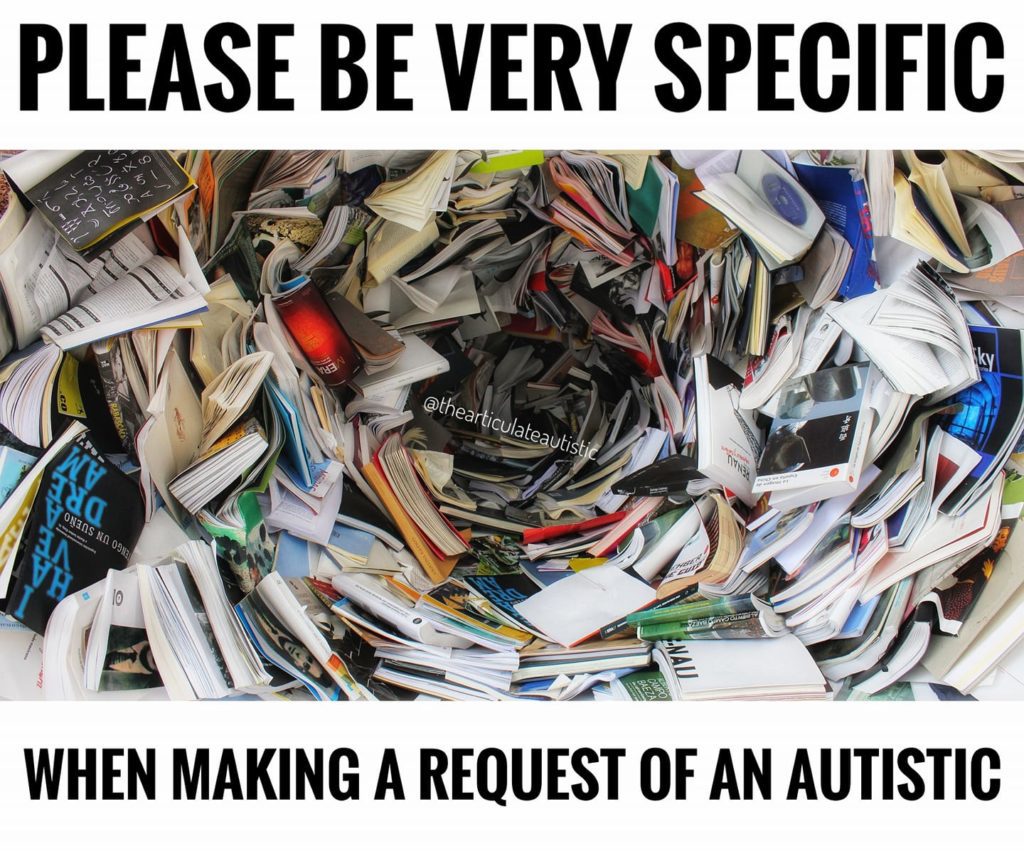



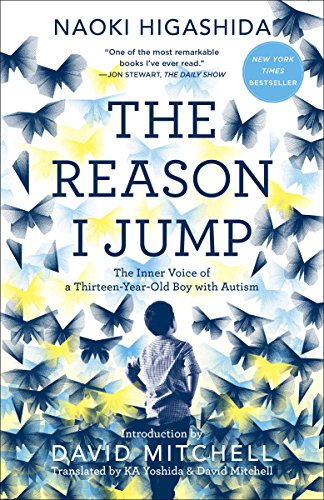

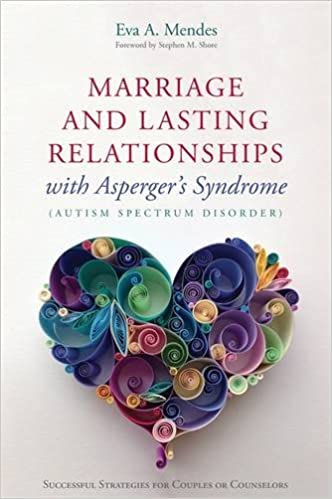
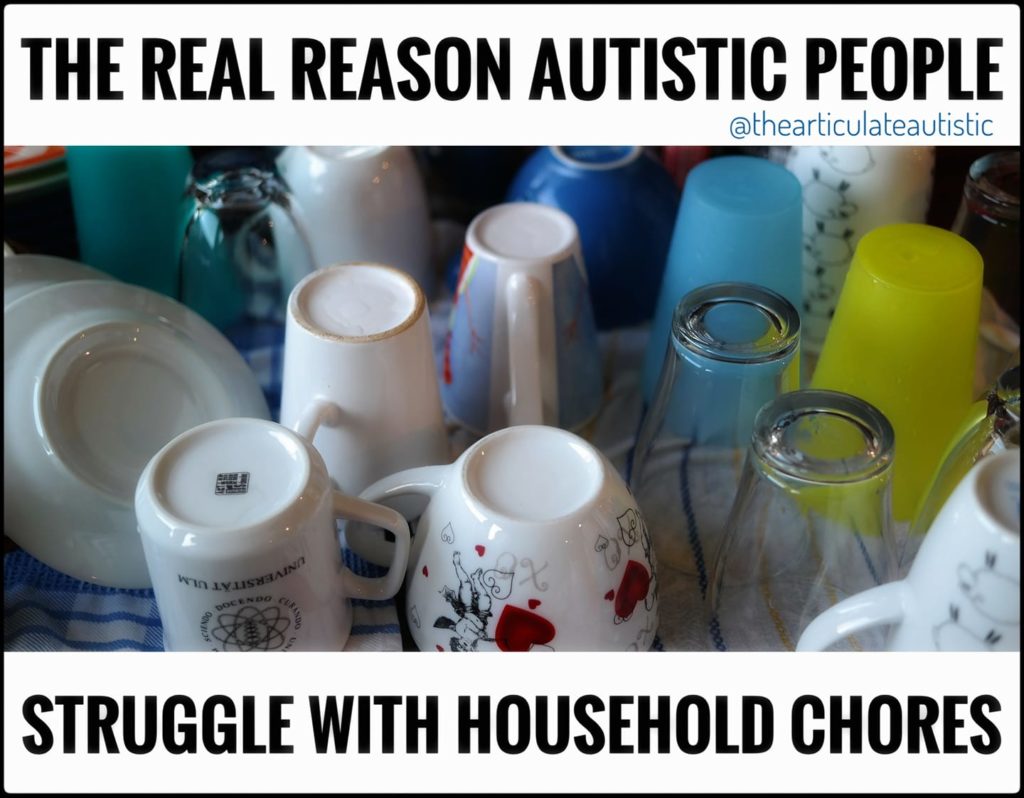




1 Response
[…] a person with a mind that works differently than your own can be frustrating at time, but please resist the urge to say “nevermind” and do the task yourself. Click on the photo below to learn why this is the least effective way of […]